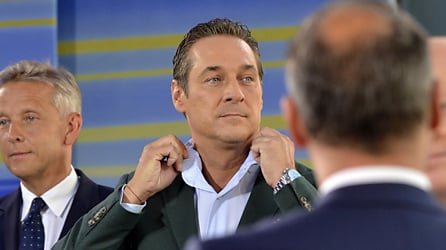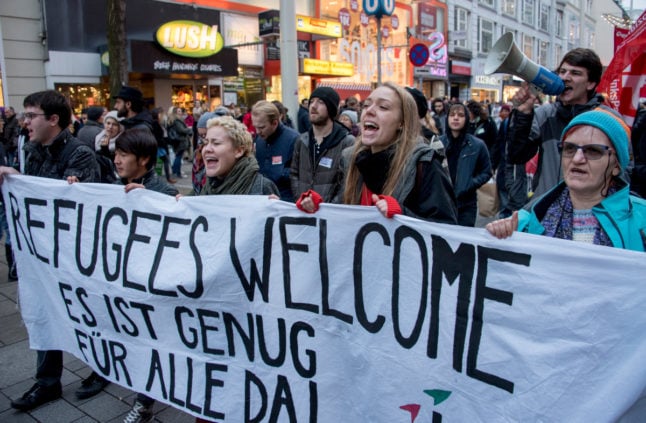Human rights pressure group, SOS Mitmensch, is urging Vienna Mayor, Michael Häupl (SPÖ), not to allow the replacement to go ahead.
"On the basis of his statements, Krauss is certainly not a role model for students," said Alexander Pollak, spokesman for SOS Mitmensch.
The 21-year-old has openly used "anti-Turk hate speech". He has spoken about the need to separate non-German-speaking children and has said that "foreigners with Turkish blood" should be sent back home.
"We call on Mayor Michael Häupl to reject the appointment of Maximilian Krauss and insist on a qualified candidate," said Pollak.
The Social Democrats (SPÖ) considers the decision a "denigration of the office".
The President of the Vienna School Board, Susanne Brandsteidl (SPÖ), stressed in a press release however that above all, the Vice President had no authority to act. According to the Federal School Inspection Act, he has "only the right to inspect and advise".
She also pointed out that the nomination must still follow a formal order by Michael Häupl.
Brandsteidl added that: "In the Office of the Vice President no incitement to hatred and xenophobia would be tolerated."
SPÖ council deputies Tanja Wehsely and Jürgen Czernohorzky branded the appointment of Krauss "pure mockery and denigration of the office" in a press release.
"Krauss has already disqualified himself from the office prior to his nomination by his discrimination against students from immigrant backgrounds."
Club chairman of the Vienna Greens, David Ellensohn, criticized not only Krauss's membership of the Burschenschaft (a far-right student fraternity) and his "unsavoury and unqualified expressions", but also the system of proportional representation in the school system, which allows the nomination of the City School Board President to be made on the strength of party numbers.
"Proportional distribution in ministries which are so important for the future into black and red spheres of influence must become a thing of the past," said Ellensohn.
"With the nomination of Krauss, the FPÖ has permanently disqualified itself from the area of education," said Martina Wurzer, Education Spokeswoman for the Viennese Greens, in a press release.
"Krauss has only attracted attention by his crude demands," she said, calling for the FPÖ to withdraw their decision.
State party chairman of the Viennese branch of the Austrian People's Party (ÖVP), Manfred Juraczka, sees the nomination of Krauss as a "not very positive sign".
Since the beginning of his political career, the law student has used "his power to ostracise and fear-monger," said Juraczka.
The Secretary-General of the FPÖ, Herbert Kickl, on the other hand, defended the decision in a press release, calling the criticism a "knee-jerk biting attack from the united left hunting party".



 Please whitelist us to continue reading.
Please whitelist us to continue reading.
Member comments